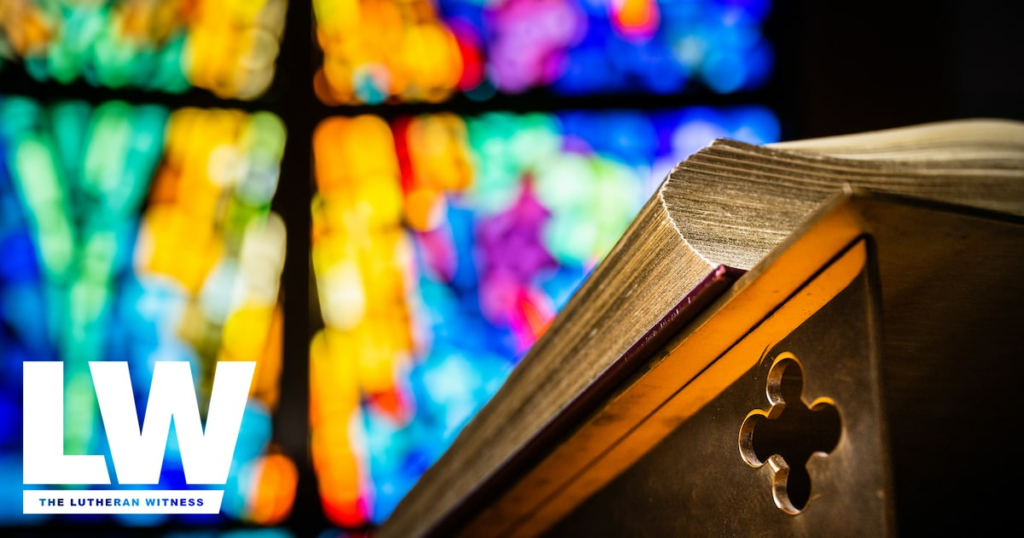by Rev. Mark Sell
I sat behind the lectern of Springs of Life Lutheran Church, trying to figure out where the service began. The pastor sent hand signals across the altar, and I strained to hear the words of the opening hymn. Got it! Sort of. I had no clue what I was singing. Or did I? I was about to preach to a Kiswahili congregation in Kibera, Kenya.
When the third-world culture shock subsided, my Christian worldview kicked in. Sin is sin. Forgiveness is forgiveness. I was in church. The pastor stood up and said, “Kwa jina la Baba, na la Mwana, na la Roho Mtakatifu.” The congregation sang, “Amina.” Aha! This was the beginning of the service, a familiar rhythm of God’s call through the living waters of Baptism. “In the name of the Father . . .” (Matt. 28:19). A comfort enveloped me in the baptismal rhythm of Christ’s church. It is the missional rhythm of dying to sin and rising in Christ. I’d sung this biblical rhythm before. I knew where this was going.
As different as cultures are around the world, the human condition remains the same. Only Christ’s life and work deliver us from sin. Whether rich or poor, selling charcoal in Kibera or microchips in Silicon Valley, the Father requires payment for all sin. But because of sin, no person is able to get himself right with God.
Christ is the Word that created the world and became flesh. He is the Lamb of God who takes away the sin of the world and the blessed One who comes in the name of the Lord. These words are how we know who Jesus is and who is present in this church.
The holy Christian church takes words seriously. God intends those words to bring us His Law and Gospel, to show us our sin and then, using the tools of the liturgy, to apply the eternal medicine to heal the wounds of sin. It is the universal rhythm of worship.
The language of Christ travels across the centuries and penetrates every culture where it is spoken. It gives life and salvation in this dying world. The language could be any language, but the language of the church speaks to the conditions of sin and forgiveness. This is what makes the church’s language church and not just words from the Bible; it applies Law and Gospel in our sacramental life.
I had more than a clue to understand the words in Kibera because we were in church and her language is universal. It purposely unifies the body of Christ throughout the sinful world in forgiveness, creating a specific context: the church. Words are all we have.
The Kibera congregation taught me when to stand, sit or pray, because it was the language of the Bride of Christ. I was speaking in words that Christ has spoken to us for centuries through the temple and the cup of the New Testament in His blood. It unifies the words of salvation, teaches us the language of repentance and forgiveness, washes us in living waters (Baptism) and speaks the language of angels and archangels with all the company of heaven (Holy Communion). God’s language is not only our past but is our present and future.
We dare not lose our reverence for being in the presence of God and our willingness to cry out, “Lord, have mercy!” Only God’s words in their context create the church. Believing the language of the Church, I realized that my sermon was not to be any different because I was in Kenya. I picked up my place in the rhythm and language of the church and proclaimed Law and Gospel in our life together. I preached the Word.
—
About the Author: Rev. Mark Sell is pastor of Faith Lutheran Church, Washington, Mo.
August 2011







